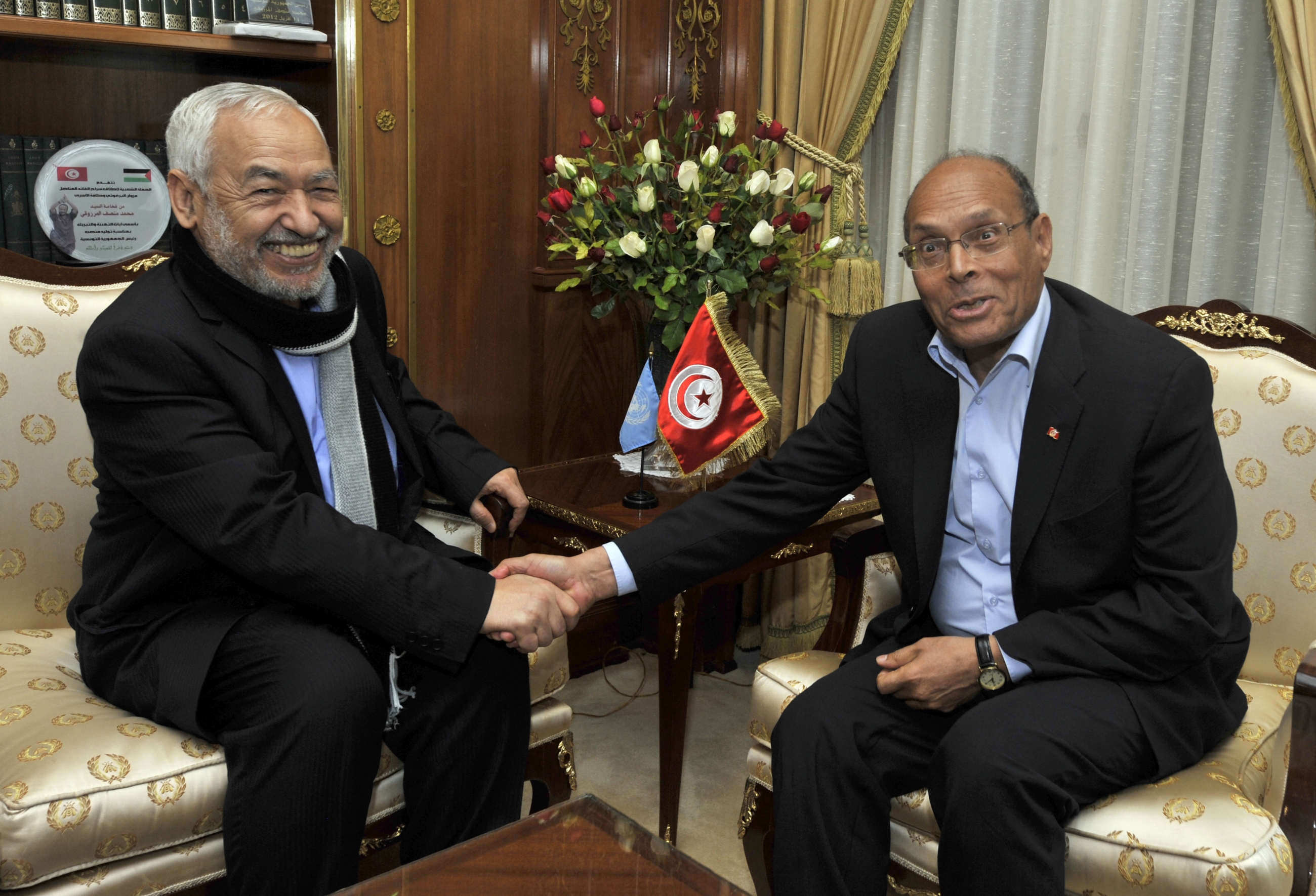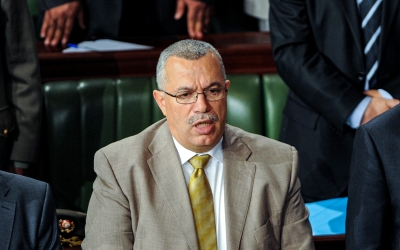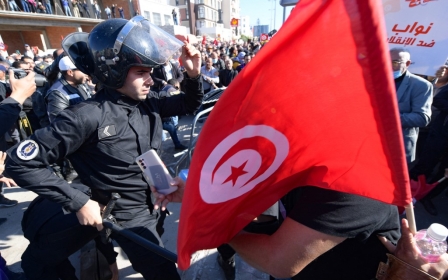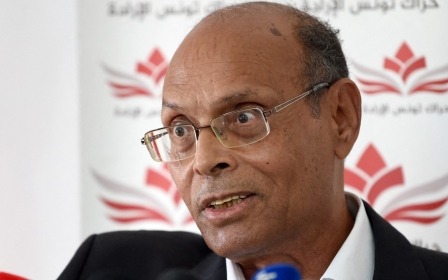Tunisia to prosecute top opposition leaders over ‘electoral irregularities’

A Tunisian court is due to prosecute 19 people, including the head of Ennahda movement Rached Ghannouchi and former president Moncef Marzouki, on charges of committing “electoral violations”, the official news agency reported.
A statement issued on Wednesday by the communication office of the Court of First Instance in the capital Tunis said the court has brought charges of “committing electoral crimes (during the 2019 elections), such as the use of illegal electoral campaigning through social media, and campaigning during the electoral silence period."
According to the statement, among the persons referred to trial are 2019 presidential candidate and head of the Qalb Tounes party, Nabil Karoui; head of the Workers' Party, Hamma Hammami; former defence minister Abdelkarim Zubeidi, and former prime ministers Youssef Chahed, Elias Fakhfakh, Mahdi Jumaa and Hamadi Jebali.
'All political parties did not take the issue of electoral irregularities seriously; now they are paying the price'
- Mohamed-Dhia Hammami, analyst
The court’s statement, however, did not mention President Kais Saied, despite the electoral irregularities attributed to his campaign in the same report of the Court of Auditors, on which the prosecution relied.
The statement added that the people mentioned in the court statement are due to be summoned to appear before a correctional chamber on 19 January.
New MEE newsletter: Jerusalem Dispatch
Sign up to get the latest insights and analysis on Israel-Palestine, alongside Turkey Unpacked and other MEE newsletters
Legal researcher Adnan al-Karaini pointed out that the penalty stipulated in Tunisian law for the 19 political figures is a fine of up to 20,000 dinars ($6950).
Saied, who was elected in late 2019, sacked the government in a plot leaked to Middle East Eye two months before it was enacted, suspended parliament and assumed exceptional powers on 25 July, citing an "imminent threat" to the country amid a socio-economic crisis aggravated by the Covid-19 pandemic.
On 22 September, he suspended parts of the constitution and installed rule by decree, maintaining full control of the judiciary as well as powers to sack ministers and issue laws.
Last month, he extended the suspension of parliament, announcing that a referendum on constitutional reform would be held in July 2022, followed by parliamentary elections in December.
Auditors court 'independent'
Saied's opponents have accused him of staging a "constitutional coup" and of using the judiciary to silence dissent. Marzouki, the former president and one of Saied's most outspoken critics, has himself been sentenced in absentia to four years in prison on charges of "assaulting the state's external security".
According to Tunisian political analyst Mohamed-Dhia Hammami, however, the auditors court maintains a high degree of independence, despite Saied's attempts to control the judiciary since his July power grab.
"All political parties did not take the issue of electoral irregularities seriously, now they are paying the price," he told Middle East Eye. "Ironically they are the ones who set those regulations in parliament."
Hammami added that Saied can be prosecuted for the irregularities mentioned in the report once he is no longer in office, which grants him legal immunity.
A media spokesperson for Ennahda said the Muslim democratic party's leader has yet to receive any correspondence from the court in relation to the case.
"If any correspondence is received in this regard, Ghannouchi will appear before the court. We respect the law and the judiciary, and we have all the documents that confirm the integrity of the position of the leader of the movement," he said.
Meanwhile, the deputy head of Ennahda and MP Noureddine Bhiri continues his hunger strike at a hospital where he has been held since his detention on Friday without charges, in circumstances described by Human Rights Watch as "abduction-like" and denounced by his family and supporters as politically motivated.
Bhiri's hunger strike has exacerbated chronic illness, and he is currently fighting for his life at a hospital in Bizerte, north of Tunis, according to a family member who spoke to Middle East Eye on Wednesday.
Middle East Eye delivers independent and unrivalled coverage and analysis of the Middle East, North Africa and beyond. To learn more about republishing this content and the associated fees, please fill out this form. More about MEE can be found here.




